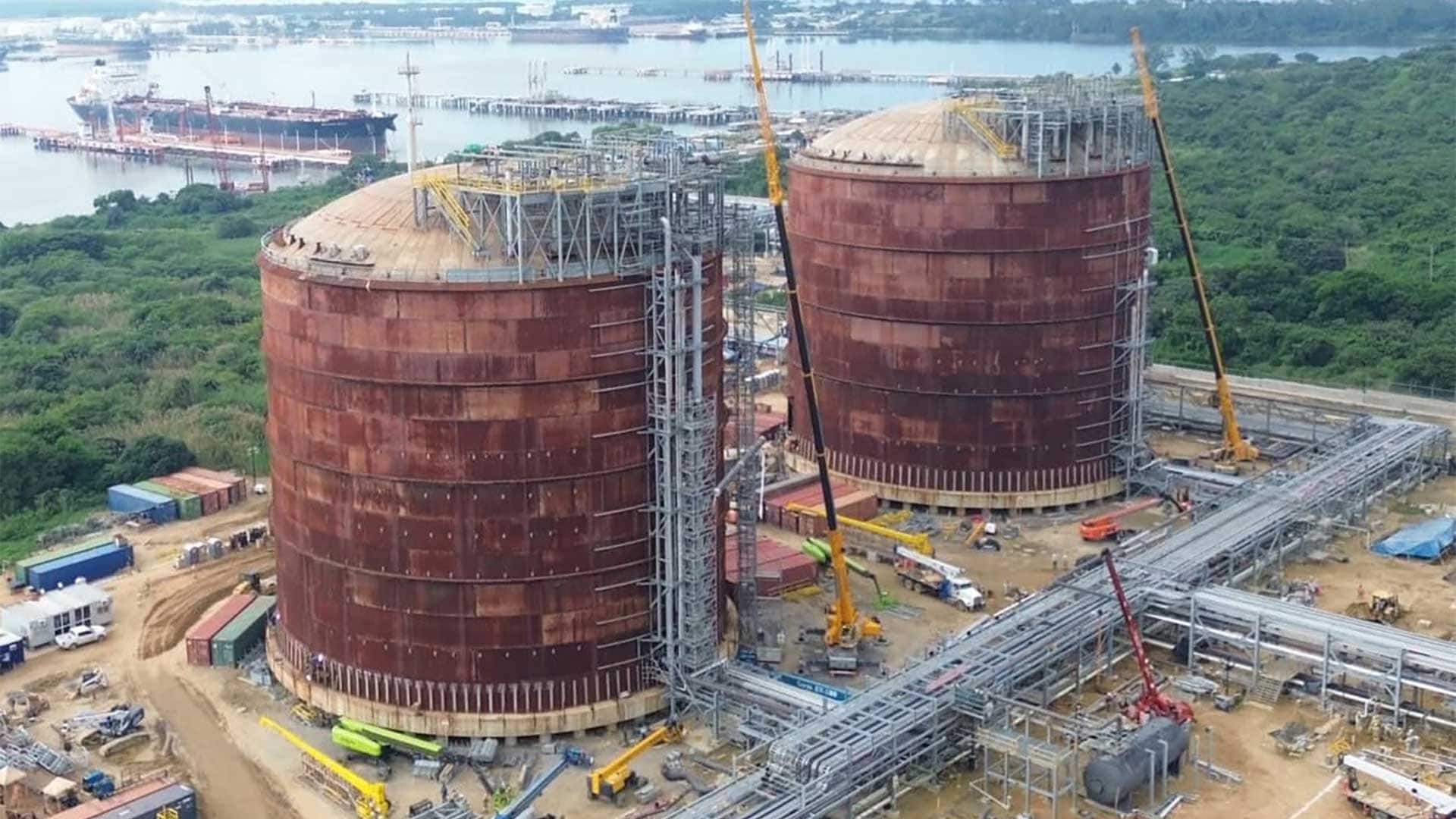Over the years, there have been reports of “corrosion” in underground tank systems storing newer fuels.
Tank owners and operators are understandably concerned about these reports. This is especially true as the federal government mandates sales of higher-percentage ethanol blends and ultra-low sulfur diesel (ULSD).
Where is this Corrosion?
The corrosion being seen isn’t the old galvanic corrosion of steel tank exteriors. That problem was solved long ago by external corrosion prevention systems for underground storage tanks.
These days, much of the corrosion seen is on tank equipment, such as ball float valves and submersible turbine pumps (STPs).
What’s attracted attention is that a great deal of this corrosion is in vapor spaces, rather than within the stored ethanol or ULSD itself.
What’s Causing It?
Is the corrosion due to the newer fuels being stored? Or because of use of different materials in the equipment? Or maybe it’s new fuel additives? Or is it simply that storage tanks require better maintenance than they’ve been getting?
Numerous studies by the federal government, testing laboratories, and trade associations, representing industries from trucking to manufacturing, are trying to answer these questions.
So far, there’s been a great deal of data gathered, but no definitive cause of the corrosion has been found. However, there is general agreement that acids are forming in some tank systems storing these newer fuels. How and why that’s happening remains to be determined.
What We DO Know
These studies have looked at effects of higher-percentage ethanol blends and ULSD on USTs. A few conclusions have been reached:
Ethanol
Steel has been conclusively shown to be compatible with all ethanol blends. No study has linked ethanol storage with steel tank failures.
Fiberglass reinforced plastic (FRP) tanks, on the other hand, have developed cracks, blisters, and de- lamination, believed to be caused by storage of ethanol.
A study on “Compatibility of UST Systems with Biofuels” was published in 2013 by the Association of State and Territorial Sold Waste Management Officials (ASTSWMO).
The study observed 22 cases of tank corrosion and failure, 10 of which were biofuel storage tank failures. Nine of those failures were in fiberglass reinforced plastic (FRP) tanks. The tenth was a steel tank that was determined to have had a hole breach prior to the storage of E85.
ULSD
Reports of equipment corrosion in FRP tanks storing ULSD are a prominent concern across industry groups.
In a 2012 study by Battelle Labs, five of six FRP tanks showed severely accelerated corrosion. The sixth tank was supposedly “clean” and intend- ed to be the control for the study, but turned out to have corrosion, as well.
While no steel tanks were part of this study, researchers continue to look for steel tank sites that show the same corrosion phenomenon.
Newer Fuels Issues
Microbial-based Corrosion
Microbial contamination is caused when water collects in a tank and microbes are present. Their reproductive processes yield waste products than can corrode internal surfaces.
Microbes can appear in any storage tank system, whether steel or FRP. Their byproducts can be destructive not only to the tank, but also to tank components. Fuel quality is also degraded by the presence of microbe byproducts.
The solution to microbial-based corrosion is proper and timely tank maintenance. Removing water from the tank on a regular basis prevents the microbes from growing.
Fuel Breakdown
Newer fuels with higher ethanol concentrations absorb more water from their environment. As the fuel absorbs water, layers can form in the stored fuel: toward the bottom, the fuel will be higher in ethanol.
As a result, older FRP tanks that were originally compatible with 10% ethanol can be degraded by these higher concentrations in newer fuels.
No Water = No Corrosion
- No study has linked ethanol storage with steel tank failures.
- Steel has been conclusively shown to be compatible with all ethanol blends.
- Cracks, blisters, and delamination in fiberglass reinforced plastic tanks (FRP) are believed to be caused by storage of ethanol.
- For all tank types, proper tank maintenance is the solution to corrosion issues.
Use Steel to Store Newer Fuels
While research into corrosion and newer fuels continues, what do you need to know?
- Steel tanks are compatible with all motor vehicle fuels.
- All underground tank systems require maintenance, whether steel or other materials.
- Monitor tank bottoms regularly and remove accumulated water immediately.
- Ethanol can change properties of plastic storage tanks and components. Verify compatibility of all materials in your storage system.
- Investigate the condition of UST equipment in ULSD ullage space and in stored liquid.
- Inspect the inside of any tank suspected to be incompatible with stored fuel.
Resources
- STI R111 , “Storage Tank Maintenance”
- STI “Keeping Water Out of Your Storage System”
- CDFA/Battelle, “Corrosion in Systems Storing and Dispensing Ultra Low Sulfur Diesel (ULSD), Hypotheses Investigation”
Resource Type
- Guidance





